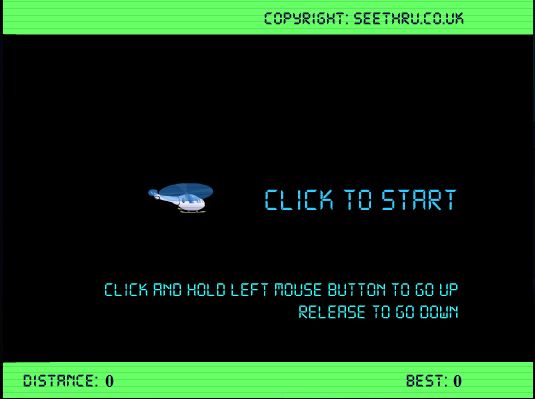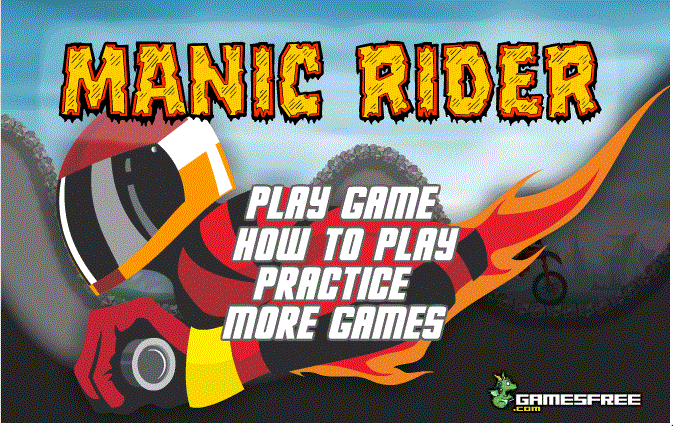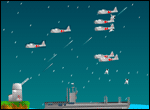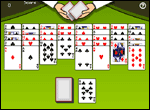YOUR SEARCH ENDS HERE
| toolbar powered by nikhilr.ucoz.com |
THE BEST Web Hosting.......
| toolbar powered by nikhilr.ucoz.com |
PLAY MOST AMAZING FLASH GAMES EVER
<<Last <<------>> NEXT>>
MORE ONLINE GAMES Mega collection
CRAZY CABBIE BOUNCING BALL Mountain Bike
Three Towers Solitaire CARS Copter Mania
Hell Cops CRICKET Kamikaze Race
POOL MASTER Tower Stack Carbon Auto Theft
Apache Attack 2009 Arithmeticz 10++ PUZZLE
Flash Chess Balenza Connectica WATER FLOW
MONSTER TOWER BLOXX WORD CHALLENGE
CRAZY CABBIE
BOUNCING BALL
Three Towers Solitaire
CARS
Copter Mania
Hell Cops
CRICKET
Kamikaze Race
POOL MASTER
Tower Stack
Carbon Auto Theft
Apache Attack 2009
Arithmeticz
10++ PUZZLE
Flash Chess
Balenza
Connectica WATER FLOW
MONSTER
TOWER BLOXX
World famous Copter

Manic Rider

Astro kid Space Adventure

Bombardment JET

Golf Solitaire

PLAY MOST AMAZING FLASH GAMES Online games possess a number of characteristics similar to those in digital library and other online services. Awareness of these characteristics can provide:
clues as to how people can and do use online systems.
inspiration for new or improved methods of providing access to digital information holdings.
examples of what is technically possible for complex online services with many simultaneous users.
Online games represent the leading technological edge of the entertainment sector. Such games now attract many thousands of players, often collaborating or competing in a lag-free and visually rich environment while simultaneously using an array of data manipulation and online communication tools.
The past five years have seen a rapid growth in academic interest in computer and video games, especially online games. Conferences, peer-reviewed journals, bodies and academic organisations such as DiGRA [1] have sprung up and matured. This interest crosses many academic fields, including psychology, economics, sociology, computer science, geography, history, media and cultural studies, and education.1 For example:
A quick perusal of the proceedings of the International Conference of the Learning Sciences ... and the Computer Supported Collaborative Learning organisation indicates the widespread interest in online communities and virtual worlds within the field of educational research [2].
There are many factors behind this increase in academic attention, including:
A large number of people (measurable in millions) are playing computer games, especially online games. Some of these games operate – without noticeable delay – with many thousands of simultaneous online players.
Players voluntarily spend a substantial amount of time playing, especially online games. Within MMOGs (Massive Multiplayer Online Games), the average amount of weekly gameplay ranges from 12 to 21 hours. Much of this time is spent communicating – nearly 30 percent of MMOG players spend their in-game time with "beyond-game" friends [3].
Despite the significant time commitment, most players receive no material reward for their effort; in fact, games usually cost the player money in terms of software costs and online subscriptions.
Players are often multi-tasking, processing large amounts of different online information (communications, locations, inventories, gaming status) simultaneously.
Computer games, and online games in particular, are complex systems where players can "meet", communicate, interact, and "create" and manipulate virtual content.
The computer game industry forms a significant part of the entertainment sector, with an annual turnover of approximately $25 billion.
These, and other factors, correlate to aspects of digital information service development and use. Like online games, digital information services are also online "always on" services which are simultaneously accessed by many people. The current interest in Web 2.0 also highlights parallels between online games and the emerging generation of more open and user-manipulated online services.
With the arrival of the next generation of video consoles – which will increase the number of people playing online games – this article provides a brief overview of contemporary aspects of online games, and the people who play them. Also examined are those aspects of online games and gaming that have direct parallels with digital library and other information services, and how some of the principles of Web 2.0 map onto current online gaming practice.

